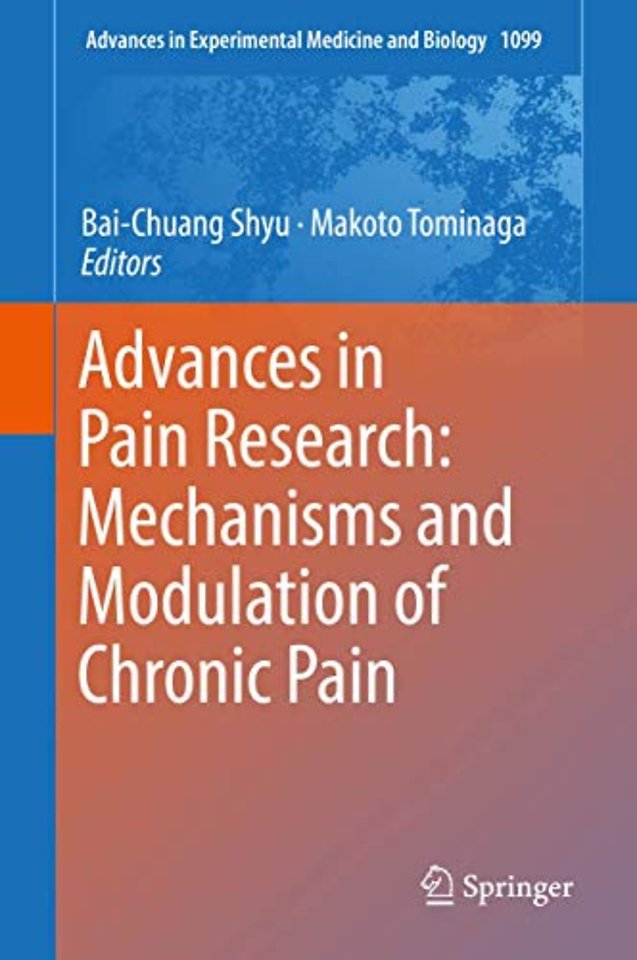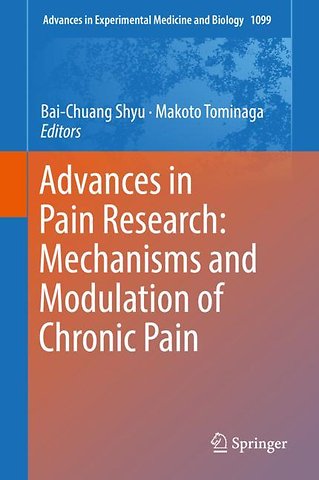Advances in Pain Research: Mechanisms and Modulation of Chronic Pain
Gebonden Engels 2018 9789811317552Samenvatting
This book summarizes the latest advances in pain research. All the chapters were contributed by speakers from Asian Pain Symposium (APS) on Acute and Chronic Pain, which was held in Taipei in 2017. Founded in Kyoto, Japan in 2000, the APS serves as a platform for scientists to present recent findings in pain research and discuss research orientation in this field. APS 2017 focused on novel strategies for pain treatment.
Written by experts from various disciplines, from molecular to functional, and from basic to clinic studies, this book is composed of 18 review articles on the physiology and pathology of pain in these research fields. Specific topics include circuitry, neurotransmitter, physiology, behavior, neuropathology, pharmacology, and the treatments for neuropathic pain disorders. The book is a valuable resource for researchers and graduate students in pain medicine and neuroscience.
Specificaties
Lezersrecensies
Inhoudsopgave
Rubrieken
- advisering
- algemeen management
- coaching en trainen
- communicatie en media
- economie
- financieel management
- inkoop en logistiek
- internet en social media
- it-management / ict
- juridisch
- leiderschap
- marketing
- mens en maatschappij
- non-profit
- ondernemen
- organisatiekunde
- personal finance
- personeelsmanagement
- persoonlijke effectiviteit
- projectmanagement
- psychologie
- reclame en verkoop
- strategisch management
- verandermanagement
- werk en loopbaan

